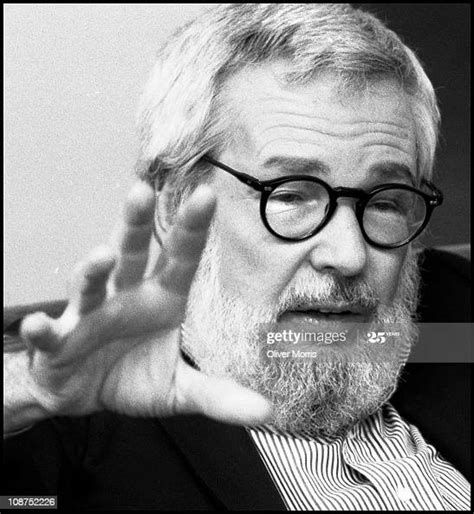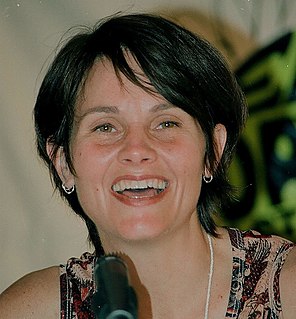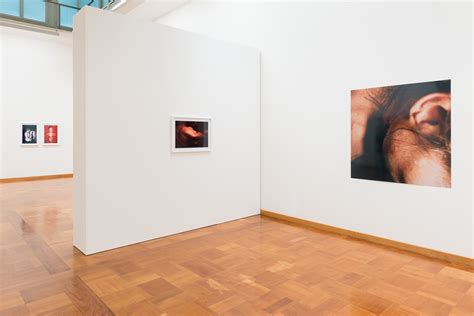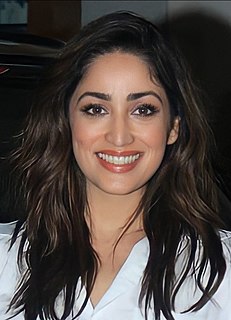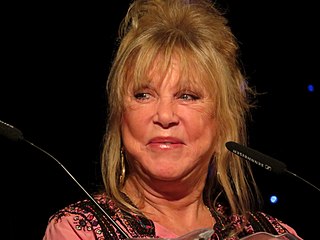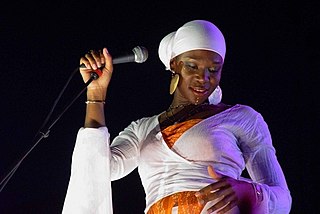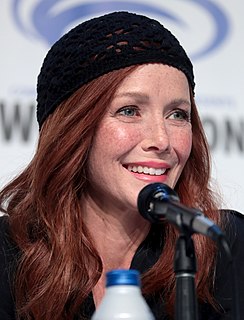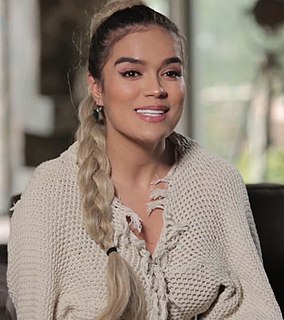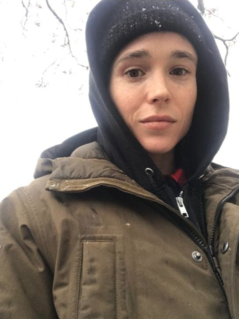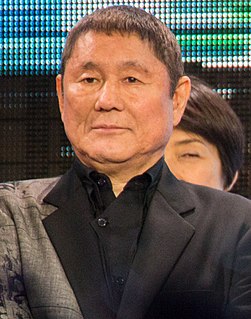A Quote by Robert Benton
I was dyslexic as a child and it took me years to get passed that. I read a lot but it was hard and that didn't go away until my early-to-mid-twenties. So really what I was looking at were the photographs and the illustrations in magazines.
Related Quotes
I was a cover artist for years. I didn't start writing songs until I was in my mid-twenties. I wrote them with John Leventhal, and they were pretty bad. I was in my late twenties when I wrote the first song with him that made any sense to me about what I was rooted in and what spoke for me as an artist. That was 'Diamond in the Rough.'
Things changed a little when I started taking photographs for magazines. I was afraid in the beginning. I thought, "Oh I can't do it, because I have never taken a photographs commercially for a magazine." But I wanted to learn so I started. But when I took models from agencies, I took beginners. Sometimes they were really good, but you have to work with them. You have to be good with women and the boys.
As a child, I always wanted to be an actor. But as I grew older, the acting dream kind of faded away, and I took to studying a lot. A few years later, a relative of mine who really wanted me to try my hand at acting sent my photographs to a few production houses, and like they say, the rest is history.
I look old. To be honest, up until two or three years ago, my age put a lot of restrictions on me. I was told, 'You look like you're in your mid- to late-twenties, but you're actually too young.' There were a lot of restrictions like that when it came to casting. I even requested that they remove my age on my public profile.
It wasn't until I realised that I could actually take nice photographs that I started to become passionate about it. I then got a few jobs working for magazines in London, and I would get terribly excited and intense about doing a job and taking photographs and looking through the lens to capture something amazing.
Saudi Arabia is so conservative. At first there were photographs of women I took that I couldn't publish - of women without their abayas. So I started writing out little anecdotes about things I couldn't photograph and wove it in with a more obscure picture and called it "moments that got away". I realised these worked as well as the photographs by themselves. There are a lot of photographers who feel the story is all in the photographs but I really believe in weaving in complementary words with the pictures.
I didn't learn how to read and write until pretty late, and it was this very mysterious, incredible thing, like driving, that I didn't get to do. And then I started writing things down on little scraps of paper and I would hide them. I would write the year on them and then I would stuff them in a drawer somewhere. But I didn't start to really read until about eight. I'm dyslexic, so it took a long time.
I was an only child growing up, and my father passed away when I was twelve, so for most of my life, it was just me and my momma. We were really, really close. Learning to live in the world without her has been incredibly hard. At first, it didn't make any sense - how to do it, to live without her - but you slowly get somewhat used to it.
Embraced by the Light. It's about a woman who passed away during surgery, and she went to heaven, had her experience, and then came back. My dad [Robert Kardashian] would try to get me to read it, and I wouldn't. Then when he passed away, I was cleaning out my room in his house, and I found it. I read it, and it helped me. I felt like my dad was okay.
In people's minds, I'm a comic, so it took a lot of time before I was recognized as a director. I had to be patient until the public accepted me. As a result, my early films didn't get a lot of attention. As a serious film actor, things didn't take off, either. Only my comic talents were recognized.
In my teen years and early twenties I was really interested in this fellaheen worlds that, of course, Kerouac invokes and wanting to go below the border and wanting to get to these other places or interstices of the culture where you were encountering the realities of these other kinds of cultures, experiences, language, I think of jazz culture of course.
